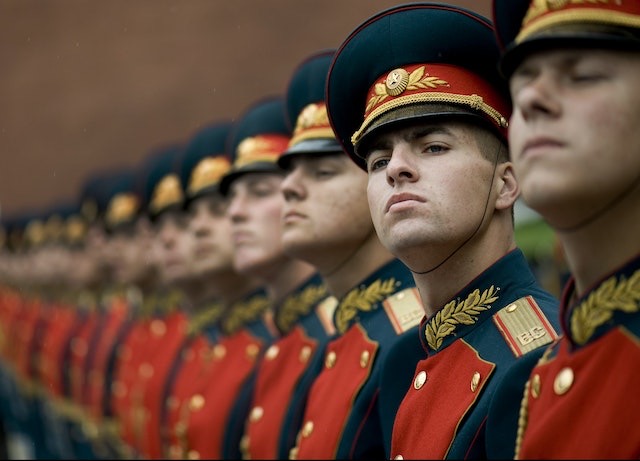In the intricate web of global politics, few relationships are as multifaceted and enigmatic as that between Russia and France. These two influential powers, each with its own distinct history, ideologies, and geopolitical aspirations, have often found themselves at odds while occasionally seeking common ground. This article dives into the nuances of their relationship, exploring the complexities that have defined their interactions on the international stage.
Historical Context: A Tale of Discord and Cooperation
To understand the current state of Russia-France relations, it is essential to delve into their historical dynamics. The Napoleonic era marked the genesis of their geopolitical engagement, as Russia’s military campaign thwarted Napoleon Bonaparte’s ambitions in Europe. Nevertheless, the centuries that followed were marred by conflicts, ideological clashes, and rivalries, particularly during the Cold War when France stood alongside its Western allies against the Soviet Union.
However, history has also witnessed moments of collaboration and shared interests. Cultural exchanges, economic ties, and diplomatic negotiations have intermittently fostered cooperation between Russia and France. Notably, in recent years, both nations have sought closer cooperation in areas such as counterterrorism, energy, and cultural exchange, underscoring the complexity of their relationship.
Geopolitical Tensions: Ukraine, Syria, and Beyond
Contemporary Russia-France relations are influenced by a range of geopolitical factors, including the Ukraine crisis and the Syrian conflict. France, alongside its European partners, has taken a firm stance against Russia’s actions in Ukraine, imposing sanctions and advocating for a peaceful resolution to the conflict. The annexation of Crimea and the ongoing tensions in Eastern Ukraine have strained their relations and created divergent positions on broader geopolitical issues.
Similarly, the Syrian conflict has accentuated differences between Russia and France. While France has criticized Russia’s support for the Assad regime, Russia views its intervention in Syria as a means to stabilize the region and combat terrorism. These differences highlight the competing interests and approaches that often shape their interactions.
Cultural Exchanges and Economic Ties: Bridging the Divide
Amidst the geopolitical challenges, cultural exchanges and economic cooperation serve as potential avenues for enhancing understanding and building bridges between Russia and France. Cultural events, such as the “Year of Russia” in France and the “Year of France” in Russia, have provided platforms for showcasing artistic, literary, and intellectual contributions from both nations.
Furthermore, economic ties between Russia and France have remained robust, with trade and investment playing a crucial role. France has traditionally been one of Russia’s largest trading partners in the European Union, particularly in sectors such as energy, aerospace, and agriculture. However, economic interdependencies can also be a source of contention, especially when influenced by political considerations.
Navigating a Complex Relationship: The Way Forward
For Russia and France, finding common ground amid their complex relationship requires diplomatic finesse and a balanced approach. Encouraging dialogue, maintaining open lines of communication, and fostering people-to-people exchanges are essential steps in overcoming differences and building trust.
Additionally, multilateral platforms, such as the United Nations and the Organization for Security and Cooperation in Europe (OSCE), provide arenas for Russia and France to engage constructively on global challenges. By seeking areas of mutual interest, such as climate change, non-proliferation, or regional stability, the two nations can work towards shared objectives while respecting their divergent viewpoints.
Conclusion
The intricate relationship between Russia and France embodies a mix of cooperation, discord, and complex geopolitical factors. Their historical interactions, contemporary geopolitical tensions, cultural exchanges, and economic ties all contribute to the evolving narrative of their relationship. While challenges persist, the potential for collaboration and mutual understanding remains, reminding us of the constant interplay between power










